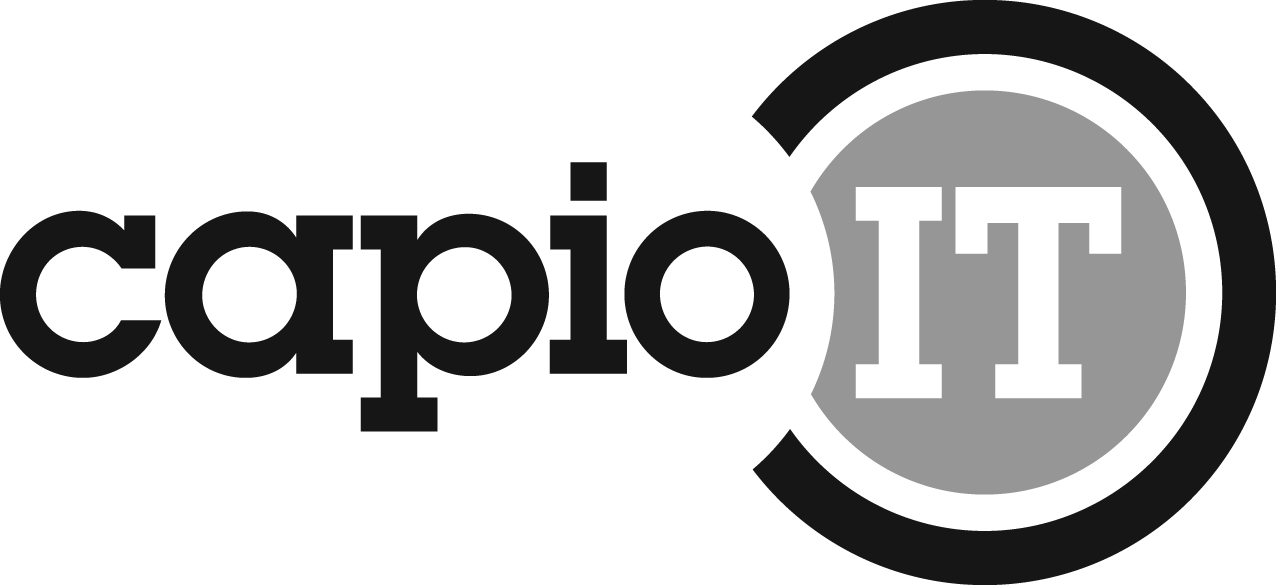Recently I wrote on the excitement that is the market opportunity in ASEAN, particularly in Indonesia, The Philippines and Thailand. https://capioit.wordpress.com/2013/03/25/why-indonesia-the-philippines-and-thailand-are-the-hot-markets-for-it-solutions-in-2013/
In the midterm, particularly as India growth remains below expectations largely driven by government inertia, outside of China, ASEAN should be the most exciting market globally for B2C and B2B providers.
Therefore it is perhaps worth pausing to note that the region is not without challenges. Many of the truly emerging countries in ASEAN have had to undergo significant social, political and economic transformation to be part of the global opportunity. This results in the reality of three or four steps forward then one step back.
As a result there are some key issues that are worth being aware of in some of the markets.
- Indonesia – The Indonesian government has struggled with managing foreign investment particularly in the natural resources sector. Oil exports are at a historic low, highlighting a clumsy investment approach. Perhaps more significantly regulatory requirements on the ownership and production of natural resources designed to protect local jobs and manufacturing with the emphasis on value add production domestically have had the impact of reducing investment. This needs to be resolved to drive long term benefits and confidence of the investment in manufacturing
- Thailand – Clearly anyone who has watched Thai politics over the years would be hard pressed to describe it as anything but colourful. Whilst protests have receded in recent weeks, there is still an underlying volatility in the market that requires some caution and flexibility in planning. The lead up to the next election due in July 2015 will require some careful analysis.
- Vietnam – Vietnam is a wonderful longer term market, but as it transitions from a communist to semi-free market it does experience some clear challenges. The most recent of this is the passing of Decree 72 which significantly restricts internet freedom in Vietnam. Internet freedom equates to economic freedom so the measures which if enacted will ban foreign websites and opinion is a retrograde step and a concern if such measures are applied more broadly across the economic structure.
Bottom line is that the ASEAN market remains incredibly exciting. Investors in the market, be it in the technology, consumer sector or any other sector need to go in with open minds. Government regulation takes a time to transition as a result there are going to be issues that arise that may inhibit investment (and at times this may arguably be in the nation’s interest).
If you require further information, please contact Phil Hassey, Founder capioIT. capioIT is an advisory firm focused on helping organisations to understand emerging technology in emerging markets. Phil may be contacted by email below,

Leave a comment